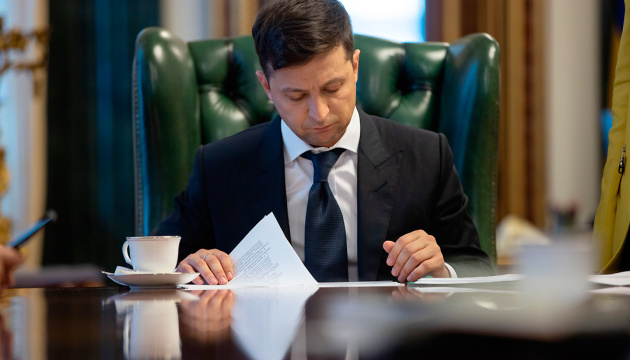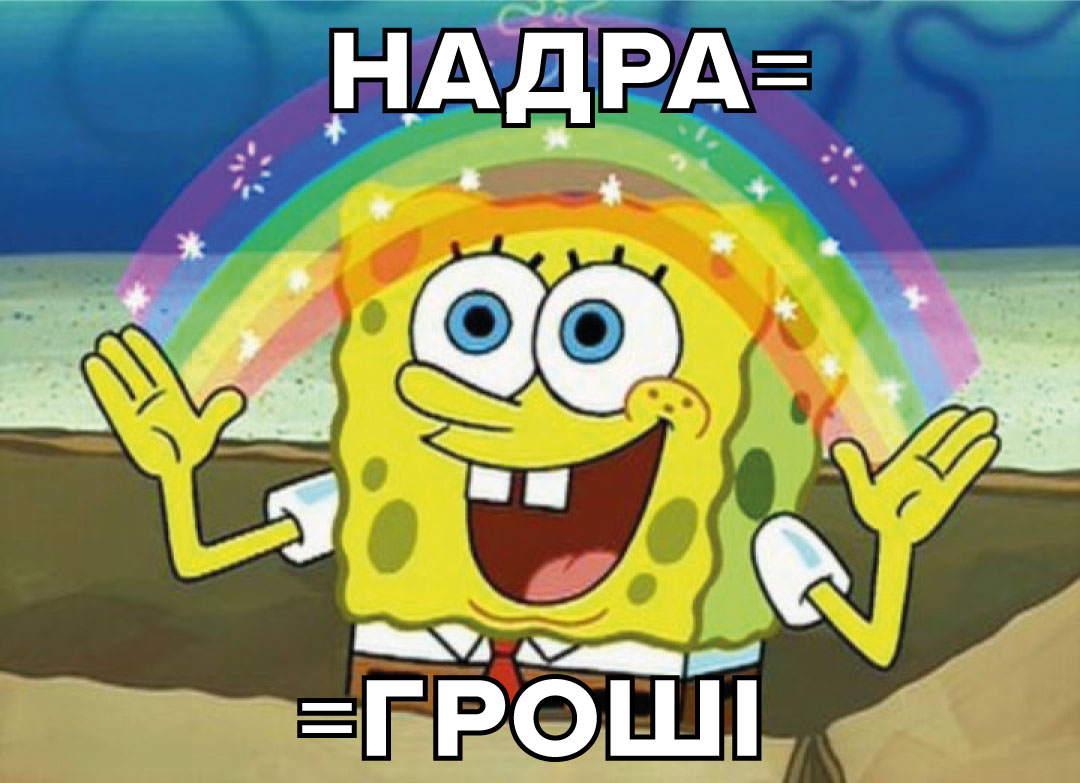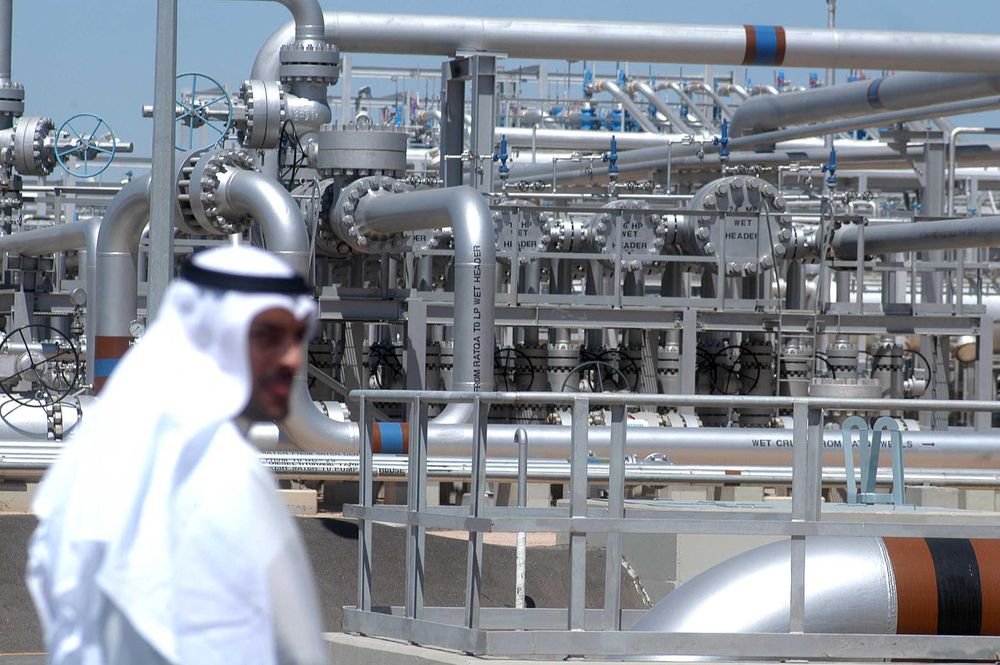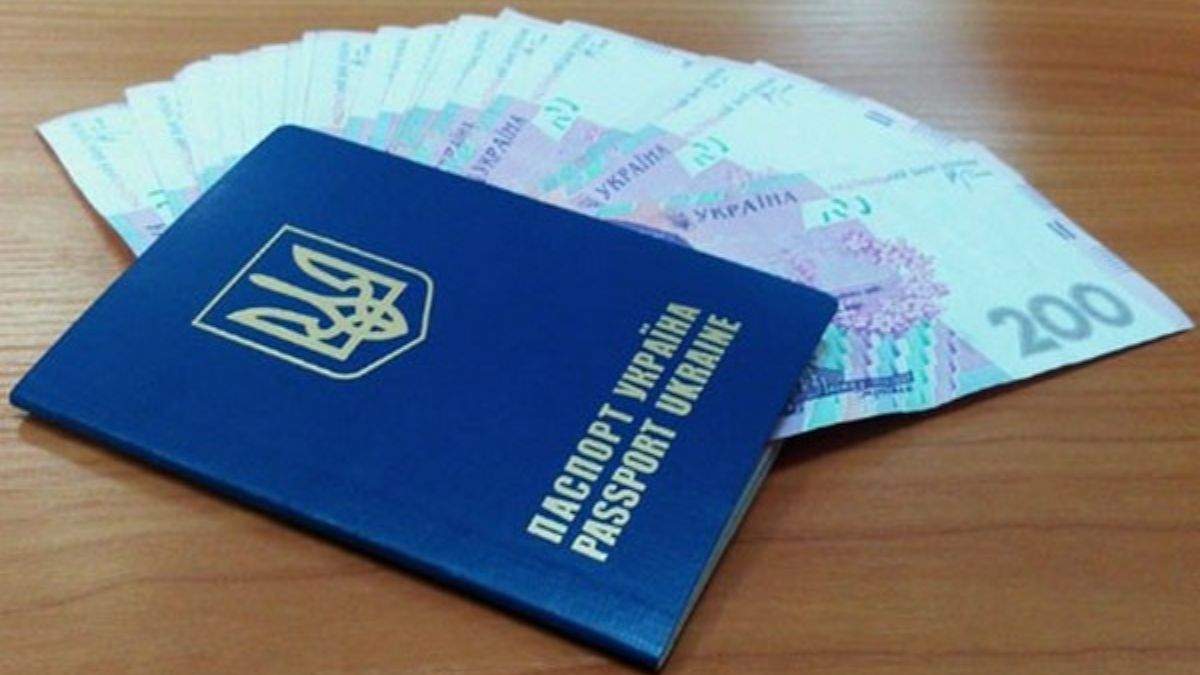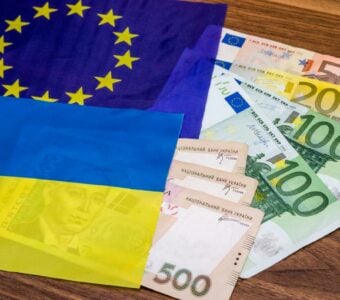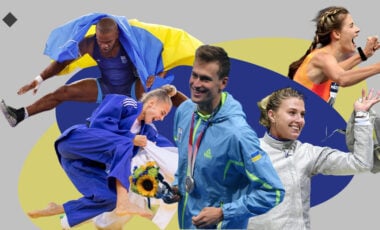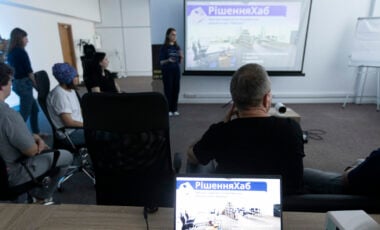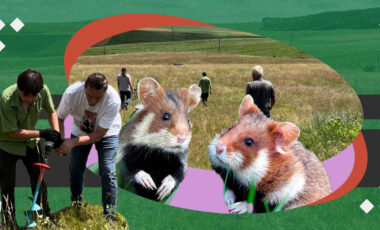Zelenskyy's "Economic Passport": how it will work and what to expect
Two thousand dollars a year or 240 thousand for a wedding: that's how much people in other countries receive for the subsoil on which they live. They differ from Ukraine in that the extraction of minerals is the basis of their economy. We analyze how this will work in our reality.
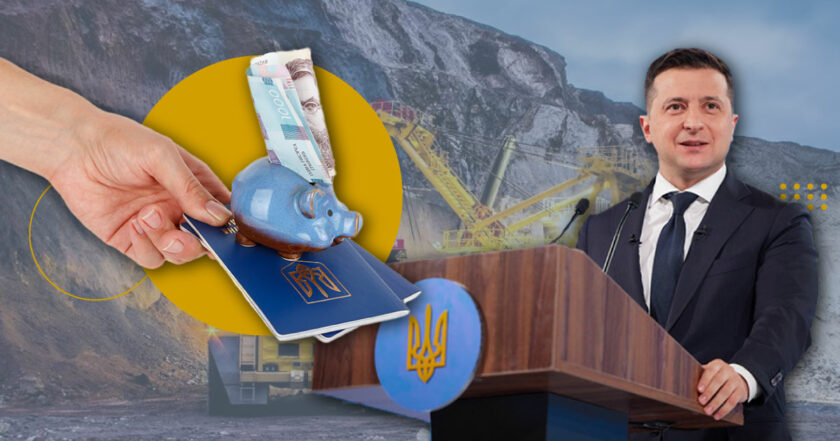
What is the problem?
According to Art. 13 of the Constitution of Ukraine, "Land, its subsoil, air, water, and other natural resources located within the territory of Ukraine, natural resources of its continental shelf, exclusive (marine) economic zone are the property of the Ukrainian people." In Ukraine, the mechanism stipulates that subsoil mining companies pay rent, 5% of which is transferred to local budgets and the rest to the general consolidated budget. It is impossible to keep track of how these funds are redistributed and where they go, while in other country's citizens feel ownership of their country more directly, receiving part of the profits from the extraction.
What is the solution?
"Funds and fees for the use of our subsoil will be accumulated in the accounts of Ukrainian children," said Volodymyr Zelenskyy in a speech to parliament announcing the introduction of economic passports in 2020, and on December 6, 2021, the President submitted a package of draft laws on economic passports; the main one is Draft Law №6394 "On Economic Passport," as well as three others that create a regulatory mechanism:
- №6395 "On Amendments to the Budget Code of Ukraine on State Contributions to the Economic Passport System";
- №6396 "On Amendments to the Tax Code of Ukraine on Taxation of the Fund of Future Generations";
- №6397 "On Amendments to the Code of Ukraine on Administrative Offenses, the Criminal Code of Ukraine on Liability for Violation of the Interests of the Participants of the Fund for Future Generations."
The main thing you need to know about the economic passport from what is still known about it can be expressed in only three points:
- It's assumed that the assets of the Fund's participants will be formed from contributions from budget funds received from the payment of rent for the use of subsoil for mining and investment income from the placement and investment of the Fund's participants.
- According to the chairperson of the Rada financial committee Danylo Hetmantsev, the initiators of "economic passports" expect that at the age of 18 a Ukrainian will be able to count on the amount of about 10 thousand dollars. The proposed system stipulates that the accumulated money can be transferred to a pension account, used for education in Ukraine, treatment, or purchase of housing, all after reaching adulthood.
- Who will receive an economic passport? If you are reading this article on your own and understand its meaning, you're not among those people. According to the statement of Presidential Adviser Oleh Ustenko, children born in 2019 will receive it. This is at least 707.66 thousand people, as of October 2021.
How does it work?
… in the Persian Gulf countries, Norway, Switzerland, and the United States
The system of payments to citizens from the fund, filled by mining, is typical of the Persian Gulf countries, which are world leaders in oil and gas production and export, and oil and gas companies, which provide the lion's share of budget revenues. In total, the Persian countries operate for $5.5 trillion, which goes to their "funds of the future."
Kuwait's Future Fund is the oldest, founded in 1953 and now with $700 billion. It receives 10% of the proceeds from the extraction of minerals; 3 thousand dollars to each newborn is paid from this fund, money is given for weddings (240 thousand dollars to the groom), cheap loans for housing (up to one million dollars), to wives who don't work (300 dollars a month).
In the United Arab Emirates, when a child is born, the state opens an account where they accumulate fixed amounts of oil exports. By the time a child reaches adulthood, the amount reaches about 100 thousand dollars. The total fund in the UAE is $600 billion. Qatar's "youngest" fund, founded in 2005, has a capital of $320 billion. In Oman, the wealth of such a fund is less than 22 billion dollars.
Norway has the largest "fund of the future" in the world, where oil and gas production accounts for more than a fifth of the country's GDP, about a third of state budget revenues, and about half of the exports. The State Global Pension Fund has more than $1.35 trillion in assets. Each Norwegian has about $250,000, but you can't get that money or spend it on housing or anything else. This decision of the authorities is explained by fears of provoking inflation. Norwegians can only invest this money from the state pension fund in shares, but the funds received as a percentage can be used at their discretion. At the same time, you can invest only in those companies that have been approved by the Norwegian Ethics Council. You can not invest in companies that produce weapons, tobacco (banned since 2009), harm the environment, violate human rights, or promote corruption, as well as (this is a new thing) in companies that focus on fossil fuels, companies in the field of oil production and those working in the field of exploration. By the way, the Government can use the money from the fund, but only to the extent that it expects to receive income from these funds.
In the United States, all Alaska residents receive annual mining payments (not, as in previous cases). To do this, you need to live there for more than one year. This is "living" money, which is immediately credited to bank accounts, you can spend it on anything. The annual payment comes in October and ranges from $300 to $2,000: everyone receives the same amount, depending on oil prices.
Will it work?
The main question: will there be enough funds in Ukraine?
Ukraine isn't one of the leaders in oil and gas production and largely depends on gas imports, and even more, on oil and petroleum products. Domestic gas is enough to meet the needs of the population. Therefore, one shouldn't expect crazy profits from the extraction of these resources. However, we have other minerals, such as iron ore.
In the budget for 2022, the government has pledged more than 71 billion hryvnias in revenues from subsoil use fees, which is about $2.5 billion at the average rate projected for the next year. This is almost twice as much as planned for this year (42 billion hryvnias). Such a sharp increase is justified by rising commodity prices, so if prices of minerals, especially ore and gas, fall, then rental income will be lower. In addition, most of the deposits that bring in rental income today are almost exhausted, and the state doesn't invest in new industrial exploration. For example, in recent years, the budget for the development of mineral resources didn't exceed 100 million hryvnias. This is only a quarter of the 40 billion that the field gives to the state budget every year. With this pace, according to the executive director of the Association of Mining Industry, Ksenia Orynchak, the entire field will be ruined and will bring even less income: this is another risk for the country's economy.
"As far as I understand, only subsoil money will first be directed to this fund or these accounts. That is the rent for the use of subsoil. But in the structure of the budget, it's not so much money. We don't have the same amount of mining," said political analyst Valerii Klochok.
And although Hetmantsev noted that funds on accounts could come not only from rent payments — it can be both privatization proceeds and VAT revenues on imported goods — now it's a question of payment for the extraction of minerals from the subsoil of Ukraine, and on according to experts, the amount of minerals to provide the fund isn't enough.
"These stories work in the Gulf countries, where there are fewer people and a surplus of natural resources, and they indeed can afford to send some of the money for some passports when the child is born and receives money in the account, and when they turn 18, they're already rich. But this is not a Ukrainian story, we don't have money for such things," commented financier Serhii Fursa.
However, discussions on the draft law will continue as it is promoted, finalized, and criticized in Parliament's committees.


